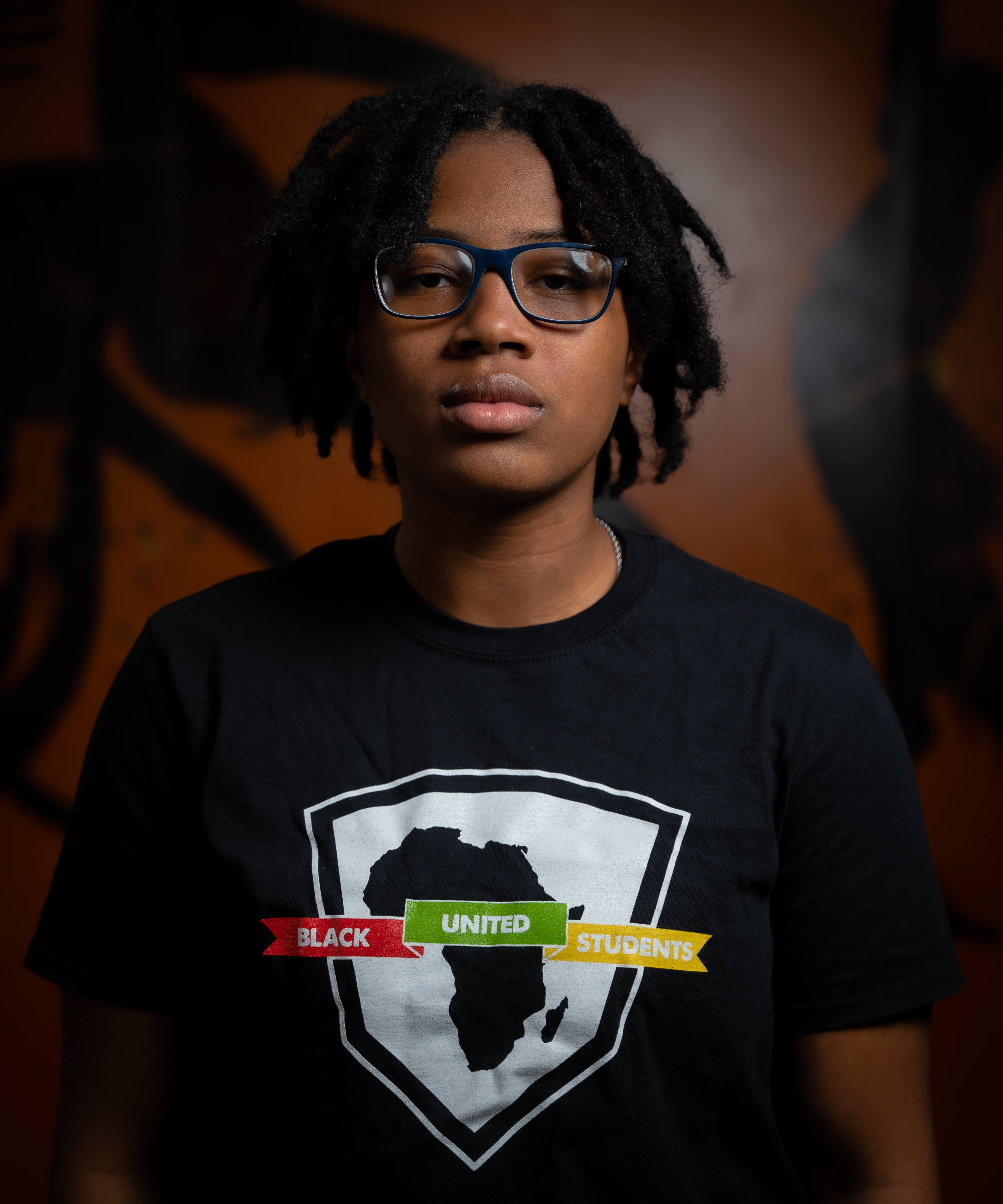In advance of Monday’s observance of the Juneteenth federal holiday, we asked members of the ĚěĚěłÔąĎ community to reflect on the federal holiday and share their thoughts on what they hope it means for the university.

"Growing up in Texas, I can envision what it might have been like more than a century ago when Union army soldiers first arrived in Galveston to inform some of the country's last remaining enslaved Black Americans that the Emancipation Proclamation had been signed. They were free! What a jubilant day that must have been. More than 150 years later, we celebrate Juneteenth, now a federal holiday. We celebrate courage, and we celebrate perseverance. As vice president for ĚěĚěłÔąĎ’s Regional Campuses, we also recognize Juneteenth as a day when we reflect upon what freedom means and contemplate our progress toward achieving racial equity — not only on June 19 but every day." – Peggy Shadduck, Ph.D., vice president for Regional Campuses and dean of the College of Applied and Technical Studies.

"I feel very conflicted over Juneteenth being a federal holiday. I’m proud and happy that it is being recognized, but I question how this holiday can be truly recognized if it can’t even be taught correctly in most schools. I feel like many people who are not within the black community will not fully understand what this holiday truly means and will instead capitalize on it. My hope for ĚěĚěłÔąĎ is to understand, yes this is a celebration and, yes, we should be happy, but we should also recognize what we can improve on and how to make black students feel even more involved on this campus every single day. To be proactive and not to be reactive." –&˛Ô˛ú˛ő±č;&˛Ô˛ú˛ő±č;Deanna Baccus, president of Black United Students

"As Juneteenth becomes a federal holiday, it reminds me of our journey toward the true liberation and freedom and makes me aware of why this day is so important, not only to African Americans but to all Americans. This day is a day of recognizing and celebrating our people, a day of promoting education and righting the wrongs of the past. It is a day of reflection and appreciation, and a day of planning our future efforts toward true racial equality in our society. ĚěĚěłÔąĎ State is already doing a fantastic job on diversity, equality and inclusion. Recognizing and participating in the celebration of this national holiday will further help our students, faculty and staff members to possess a sense of belonging, help us create a more equitable and inclusive university and to push our work to the next level." – Zhiqiang Molly Wang, Ph.D., professor of Chemistry and Provost Fellow

"Observing Juneteenth as a federal holiday allows the opportunity for our nation to intentionally reflect on a seminal moment in American history. My hope is that ĚěĚěłÔąĎ State will continue honoring and celebrating this observation, while also continuing to find ways to dismantle systems of oppression and barriers to the progress of Black people." – Lamar R. Hylton, Ph.D., senior vice president for Student Affairs.

"I completely understand why so many people see Juneteenth becoming a federal holiday as a much-needed symbol of progress. For me, it means the true story of Africans in America will be sanitized in the same way that Martin Luther King, Jr. Day has been used to reduce the Civil Rights Movement to his signature moment on the steps of the Lincoln Memorial in 1963. The stark reality of Juneteenth speaks to an American experience too many Americans would prefer to keep hidden in plain view. I can only hope that KSU will resist falling prey to this pattern of running away from the truth." – Mwatabu S. Okantah, MA, professor and chair Department of Africana Studies
“Juneteenth, sometimes referred to as the Black Independence Day, commemorates the moment on 19th June 1865 in Galveston, Texas when Colonel Gordon Granger announced the end of slavery in Texas.
“A simplistic way of understanding the original Juneteenth is that it stands as an important symbolic moment in American history, one marking a notable shift in the balance between direct and structural violence in the US generally, and that experienced by Black Americans specifically. However, Juneteenth also illustrates the way history, and the symbolism attached to any particular date in history, is constructed as a result of human agency - a lesson that has both positive and negative interpretations for this new federal holiday. First, Juneteenth represents just one moment in much longer campaigns against slavery and for Black emancipation, equity, and social justice throughout the US and up to the present day. Against the backdrop of nationwide protests over the murder of George Floyd and the rise of the Black Lives Matter movement, President Biden signed the Juneteenth National Independence Day Act into law on June 17, 2021, establishing Juneteenth as a federal holiday.
“On an optimistic reading then, Juneteenth does not just stand as an important milestone in the history of America, but also highlights the agency of people, 
“What does this mean for thinking about Juneteenth as a federal holiday in general, and for ĚěĚěłÔąĎ State specifically? On the one hand, recognition of Juneteenth as a federal holiday provides an opportunity to recognize the power and potential of human agency to overcome violence, in this case, the violence inherent in the institution of slavery; to situate Juneteenth in the broader history of struggles for economic, social and political justice for Black Americans that continue through to the present; and to celebrate the resilience and capacity of Black communities to invent and sustain their own memories and memorialization of American history.
“On the other hand, the importance of agency and historical contingency in the current veneration of Juneteenth should make us sensitive to the delicate precarity of particular readings and memorialization of history – what can be achieved by human agency can also be either undone by human agency or invested with different – and more problematic meanings. Furthermore, celebrants of Juneteenth also need to acknowledge both the reversal of positive peace in the U.S. in general and the ongoing and disproportionate levels of direct and structural violence still experienced by Black Americans in particular.
“Thus, Juneteenth should not just be a moment to look back in time to celebrate emancipation, but to look forward to the work of research, awareness-raising, and activism still required if the seemingly Sisyphean task of realizing positive peace for Americans in general, and Black Americans specifically, is ever to be achieved.” – Neil Cooper, professor and director of the School of Peace and Conflict Studies
